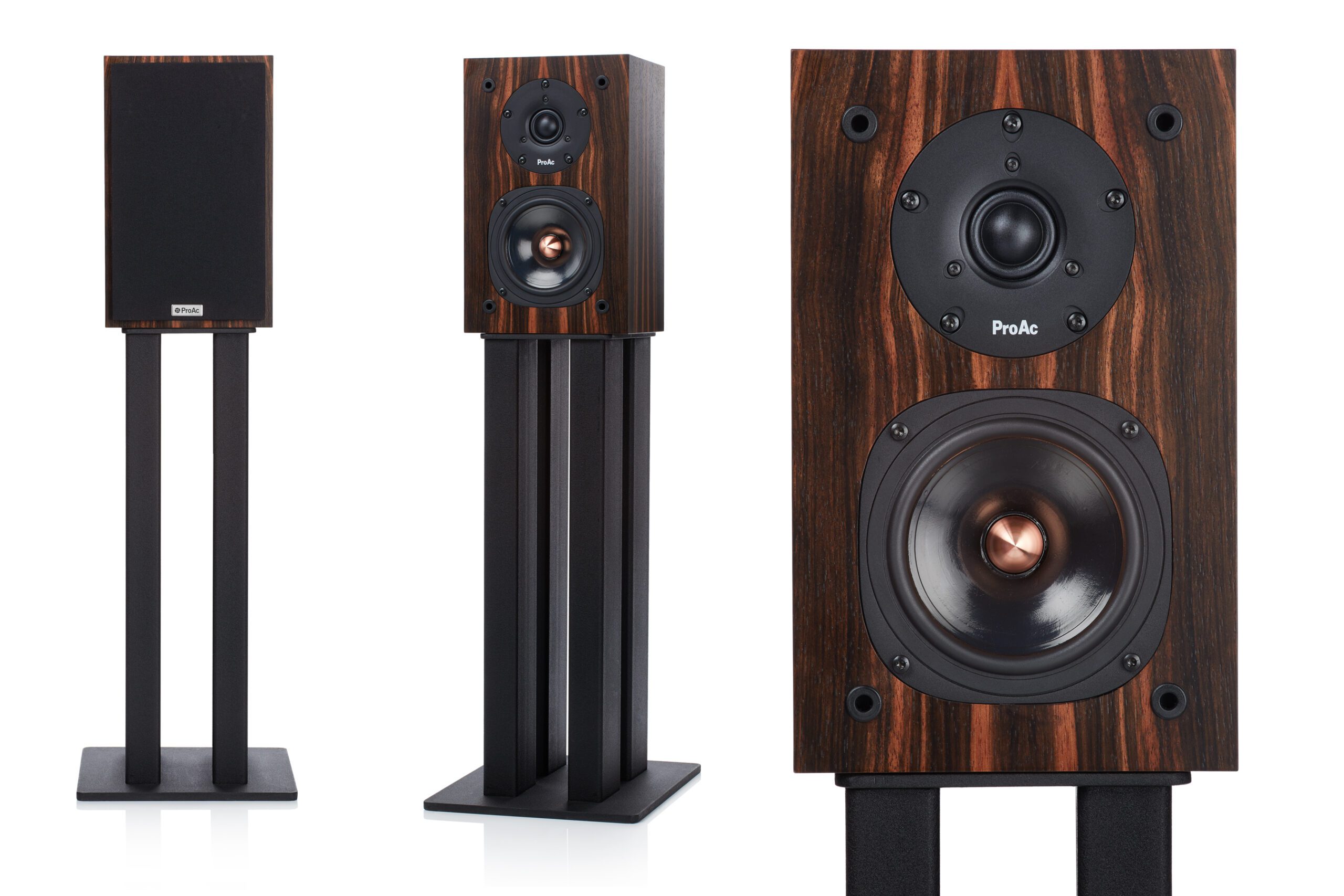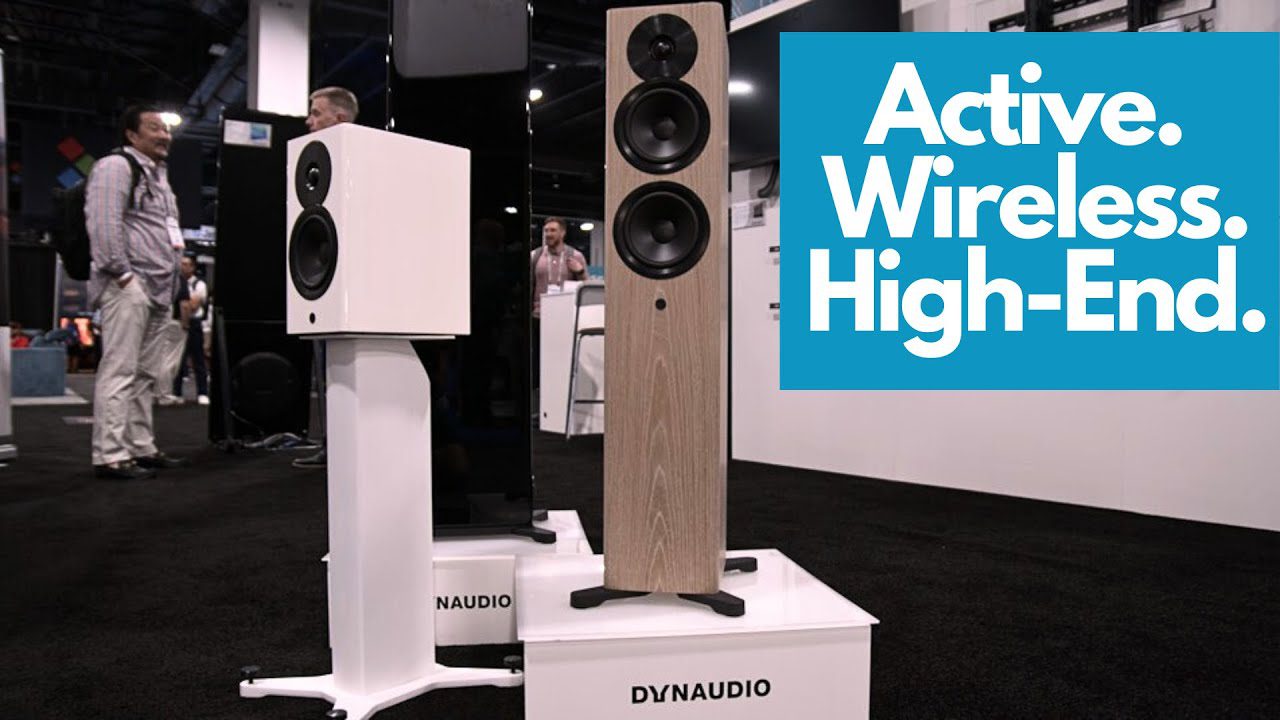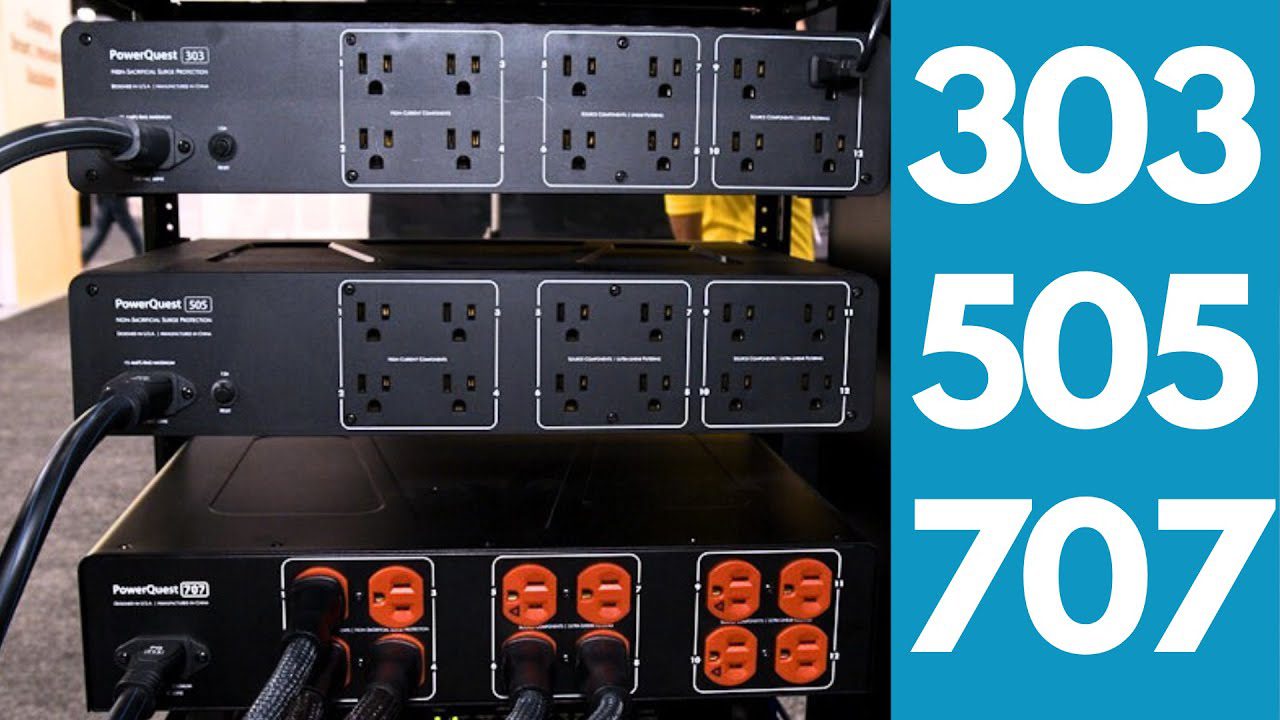
Even by Magico’s own big-boned approach to high-end audio, the M6 sets a high bar. While there is an M9 flagship that eclipses even this model, the M6 is by most reckoning a loudspeaker of the highest standard, and a cost-no-object interpretation of what goes into making a floorstanding loudspeaker.
Magico’s M6 is ostensibly a three-way, five driver design in a 1cm thick six-sided carbon fibre monocoque, which is made yet more rigid by thick aerospace-grade aluminium front and rear baffles, top plate and inner baffle, all tensioned with aluminium rods. The drivers feature a diamond-coated beryllium dome (in the tweeter) and graphene in the midrange and bass units. If that sounds familiar, it’s not too dissimilar from Magico’s 2014 limited run ‘thank you’ M-Project loudspeaker. The M-Project, built to celebrate Magico’s ten years as a speaker maker and sold to its most loyal followers, both set a high performance bar for subsequent Magico loudspeakers to achieve, but also was a launch-pad, instigating design concepts and criteria that the company has used to this day. The M6 is very much a child of the M-Project.

One of the first big outcomes of the M-Project was a radical change to the way big-hitter Magicos looked, but for reasons that were predicated on sonics as much as aesthetics. The slab-sided black aluminium monolith was gone, and the aluminium matrix frame that helped define projects like the Q-series (which still exists in the shape of the Q7 and Q Sub) was replaced by the aforementioned carbon monocoque. Perhaps the best way of looking at this sea-change is it requires a shift in analogies; the previous matrix frame worked best with the inevitable motoring analogy (reminding you of the space-frames of classic 1960s F1 racing cars) where the designs that came from the M-Project require higher-tolerance aerospace analogies (think the monocoque build of a modern F35 fighters) One of the results of this was a loudspeaker that was both more domestically acceptable and integrated in room better than before. Better performance from the enclosure was the outcome; a better-looking enclosure was the happy by-product.
As opposed to the normal statement piece loudspeakers at this level, where the sheer size of the loudspeaker physically dominates the room, the Magico M6 is positively understated. It’s still a big loudspeaker, both in size and weight, but the M6 still looks like a floorstanding loudspeaker and not an exercise in mechanical engineering or, as in the case of the M9, a house Dalek. However, let’s not back away from the fact a loudspeaker that stands 143cm tall, weighs in at 177kg, and is finished in contrasting shades of anodised matt black aluminium and a shinier – but still black – sculpted carbon fibre monocoque still cuts an imposing figure in a listening room. But it’s a ‘loudspeaker, but bigger’ rather than ‘an exploded diagram of what makes up a loudspeaker’ and that will make the M6 a more attractive prospect in many high-end listening rooms.
In a very real way, the M6’s more room-chummy appeal is a recognition of how the audio world has changed recently. The age of the ‘man cave’ seems to be coming to an end, as the next generation of well-heeled audiophiles move inexorably eastwards. The space and aesthetic concerns of a market that supplied wealthy dentists in the mid-West of America are increasingly being challenged by the demands of merchant bankers and high-ranking executives in places like Singapore. Where the M6 scores highly is it works well in both settings, and those in between, without compromise or sacrifice. Sure, there will be those who think no loudspeaker is complete unless it looks like a late 19th Century wardrobe, and there will be those who think the M6 is too understated, but in the most part I think it’s got the balance just about right, for both existing and newly minted music lovers.

However, the advantage to taking a more modular approach to loudspeaker design at this level is a greater degree of installation flexibility. Loudspeakers that allow the installer to fine-tune the baffle alignment and then lock that alignment in place do afford the user a greater degree of control over the loudspeaker design’s interaction with the room. The counter to this is that it also allows a greater degree of messing that interaction up, and unless the installer is a 10th degree black belt in audio installation, that adjustable alignment has the potential for causing more harm than good. The M6, by way of contrast, still places demands on installation, but these are more universally-understood installation concerns such as placement of speaker and listening position, room treatment and eventual fine tuning of all three. That’s not to say the M6 should just be ‘plonked’ down in the room, but it does mean should your installer be more ‘piano mover’ than ‘audio ninja’ you can get still good performance.
We’ve concentrated on the enclosure because it’s such a major step-change for Magico, and Magico itself also focuses on the ‘box’ a lot in its literature, but let’s not forget the other key links in the chain. Magico’s own 2.8cm diamond-coated beryllium dome tweeter, partnered with a 15.2cm midrange cone and three 26.7cm bass cone (all using Magico’s latest XG Nanographine cone material) are fed using the company’s own ‘Elliptical Symmetry’ crossover. The move to XG Nanographine does for Magico’s drivers what the monocoque chassis does for the enclosure; less weight, more stiffness (the cone is 30% lighter and three-times stiffer than its predecessor). Meanwhile the crossover uses high-grade components throughout (you’d expect nothing less at this price, of course, but it’s perhaps reassuring to know there are Mundorf components in the crossover that cost as much as a pretty good watch in and of themselves). Finally, the three point base incorporates built-in MPOD constrained layer damping floor-coupling pods.
All of which makes the M6 ‘the friendly flagship’ loudspeaker. It’s a more sensitive and easier to drive loudspeaker than some of its peers, meaning that there is more flexibility in up-stream electronics. While not a true ‘platform agnostic’ loudspeaker (I imagine most M6 will be partnered with high-grade solid-state electronics), the design is far more comfortable with lower-powered valve amplification than previous designs from the Magico stable.
I’ve been saving the best until last; the sound quality. Because it is the best part of this loudspeaker, even despite the healthy laundry list of high-grade technologies. Put simply, the M6 does everything you want of a loudspeaker and does it exceptionally well. This is one of those loudspeakers where your initial highly positive assessment (most of us tend to greet new top-end products with ‘wow!’ followed by a slower realisation of where the limits of that ‘wow!’ are placed) opens out to prove even more positive over time. For example, you might be drawn to the impressive dynamic range of the M6 at first, and the more you listen, the more you get hear both the expressiveness, the precision and the impact of that dynamic range, and the way it resolves up to the largest scale orchestral pieces you can find, and down to the smallest microdynamic details that are the key to tricking you into thinking you are there in the same room as the musicians.
I’ve chosen ‘dynamic range’ here because it’s one of the elements in music that so impress people at first, but I could have just as easily pointed to ‘imagery’ or ‘soundstaging’ or ‘coherence’ or any other aspect of the musical presentation that will grab your attention first and foremost. Because, regardless, after that initial attention-grab, you get a wider picture of that aspect of musical performance, and it’s all good, all the way down. Then you begin to join the dots, adding in those other things that grab your attention (or the attention of others) and do the same again. Pretty soon, you draw up a picture of a loudspeaker that doesn’t have holes in its presentation and doesn’t pick holes in the music; it just plays it with absolute fidelity… which is kinda important in an industry that attempts to create ‘high fidelity’ sound.
However, this does make a bit of a mockery of the usual “I listened to a specific track through this loudspeaker to highlight the loudspeaker’s performance in a specific manner” because every test recording is a test the M6 passes with ease. In essence, the usual test-track listing just becomes a collection of music you played during your most recent listening session. Sure, you can try to shoehorn that listening session as justification for equipment analysis, but that’s not the point and not the point of the M6. The loudspeaker invites you to re-evaluate your recordings and acquire more recordings in the process. You don’t just play music, you explore music through the Magico M6.

However, all of this fails to describe precisely how the M6 sounds, but in part that’s because it has less of an intrinsic ‘sound’ than most loudspeakers. It treads lightly through the music, leaving very slight footprints for so heavyweight a loudspeaker. In that respect, it’s like a monitor loudspeaker, but closer to an idealistic form of a monitor than most true monitors. It’s extraordinarily accurate and detailed throughout, almost to the point of having a pathological hatred of distortion. Making this one of the most ‘least’ loudspeakers (in all the good ways) you can hear at this time.
If you want magical sounds, however, the M6 is a tougher call. This isn’t a ‘warts ‘n’ all’ loudspeaker, but neither is it a loudspeaker that will pretty up the sound of a bad recording. The honesty of the M6 is not stark, but it will not add warmth or body to a thin-sounding or shrill singer. Sometimes this is surprising – Britney Spears and Beyoncé are better singers than most people imagine – and sometimes its discomforting – let’s just say that my love of Jane’s Addiction from the early 1990s clearly stayed in the early 1990s. But ultimately it’s the sheer honesty of the M6 that wins through every time.

The Magico M6 is a remarkable loudspeaker whichever way you view it. It’s a technological tour de force, drawing on the lessons learned in the M-Project. It proves the top-end loudspeaker doesn’t need to look like an oil rig. It plays nice with almost all kinds of equipment, and it sounds like you moved your listening room into the studio. It’s awesome!
TECHNICAL SPECIFICATIONS
- Driver Complement: 1 × 2.794cm Diamond-Coated Beryllium Dome Tweeter, 1 × 15.24cm XG Nanographene Cone Midrange, 3 × 26.67cm XG Nanographene Cone Bass
- Sensitivity: 91dB
- Impedance: 4 Ohms
- Minimum Recommended Power: 30 watts
- Dimensions (H×W×D): 143 × 66 × 51cm)
- Weight: 177kg
- Price: £200,000 per pair
Manufacturer: Magico Loudspeakers LLC
URL: magicoaudio.com
UK Distributor: Absolute Sounds
URL: absolutesounds.com
Tel: +44(0) 208 971 3909
By Alan Sircom
More articles from this authorRead Next From Review
See all
PrimaLuna EVO 100 phono preamplifier
- Apr 22, 2024
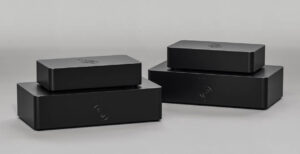
Reiki Audio SuperSwitch Master Pro + Servant Pro
- Mar 27, 2024
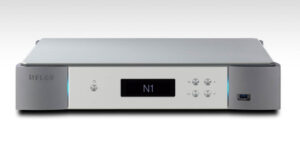
Melco Audio N1-S38 music server
- Mar 27, 2024

